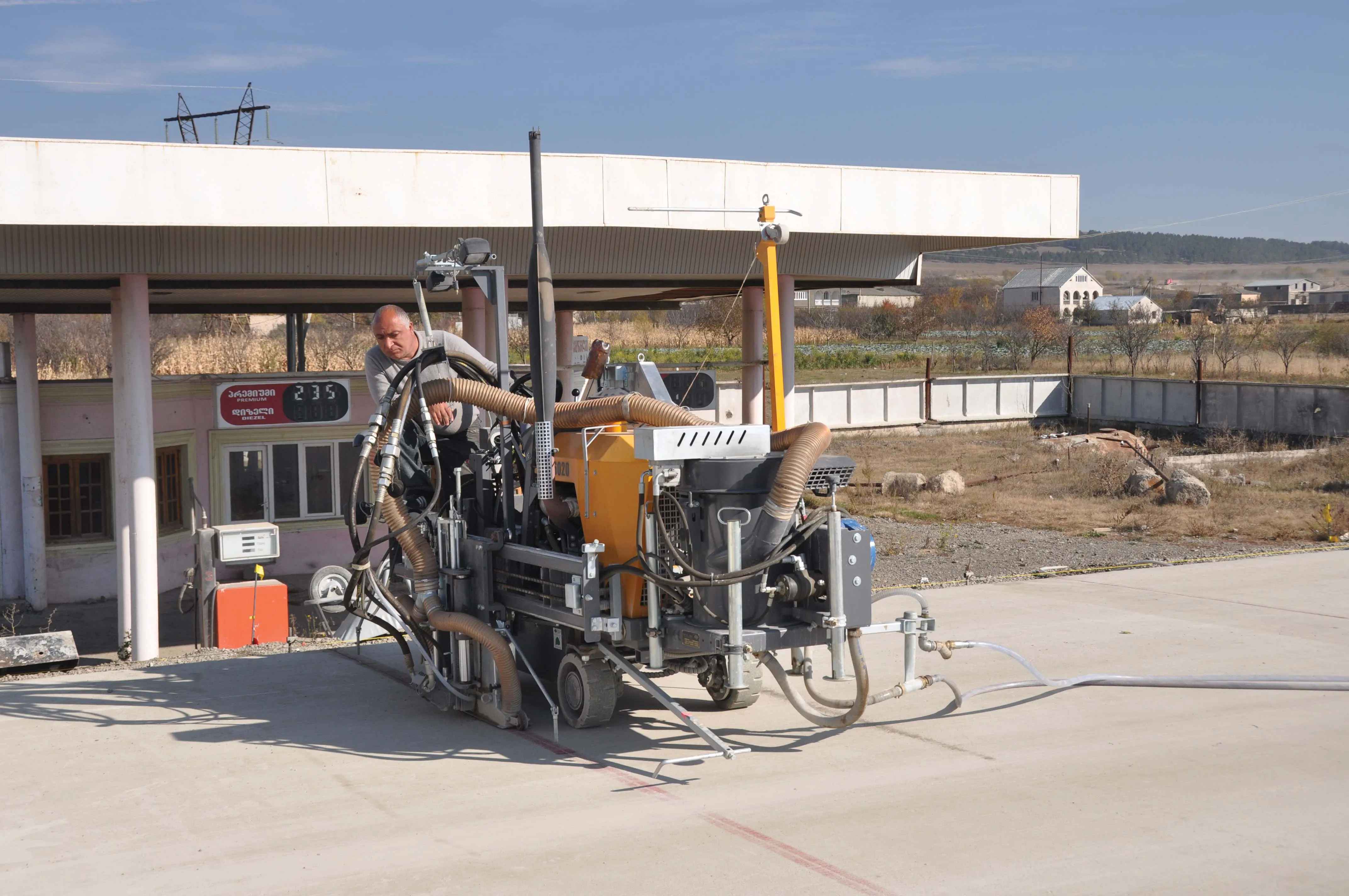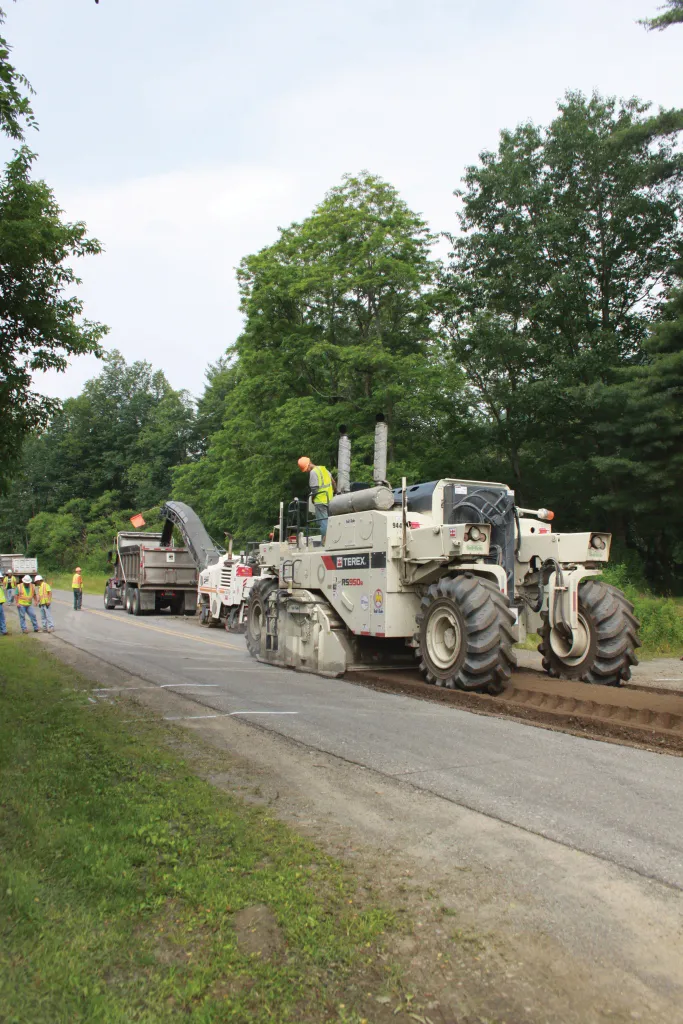Recycling waste gully materials can save costs and also meet tough European sustainability requirements, with one firm offering a novel solution
The effects of the Landfill Directive together with the annual increase in Landfill Tax have significantly increased the cost of disposal of gully waste. This is currently around £50/tonne but is expected to rise to £80/tonne in 2014 in the UK, although other parts of Europe may differ. As a consequence, this has increased the operating costs for companies pro
September 26, 2013
Read time: 4 mins

Recycling waste gully materials can save costs and also meet tough European sustainability requirements, with one firm offering a novel solution
The effects of the Landfill Directive together with the annual increase in Landfill Tax have significantly increased the cost of disposal of gully waste. This is currently around £50/tonne but is expected to rise to £80/tonne in 2014 in the UK, although other parts of Europe may differ. As a consequence, this has increased the operating costs for companies providing gully emptying services. The effects have been felt not only in the UK but also by other countries in the EC.Whilst the revised Waste Framework Directive (rWFD) details that all EU Member States recycle a minimum of 70% of waste generated from construction, demolition and excavated material (CD&E) by the year 2020, the UK is in the top 10 countries in Europe for recycling CD&E waste. However in terms of recycling road sweepings and gully waste Europe is leading the way and the UK should take a few lessons from its European cousins.
In the UK each winter over 2 million tonnes of rock salt and grit is spread onto the road networks at a cost of over £150 million/year. With this material eventually going to landfill the irony is that in the following year the
Road sweepings comprise mainly of grit from road dressings, small grade aggregate, organic material, ferrous products and a small amount of hydrocarbons, however up to 98% of the material is capable of being processed and reclaimed. The saline constituent of the rock salt is dissolved and washed out but the grit and the aggregate material that remains is reclaimable. The reclaimed grit can be remixed with rock salt and reused and the larger aggregates can be reclaimed and used for other applications. Sand or grit forms 50% of the overall material recycled, with 40% being larger aggregate and the organic material constituting the remaining 10% can be composted.
Gully waste typically comprises of small stones, sand, gravel, grit, ferrous material, paper litter and hydrocarbons with organic matter mixed in. However, the main constituent of gully waste, even when the free water has been allowed to drain off is water. As this constitutes up to 60% of the total volume of gully waste, it seems foolish to send it to land fill.
However the UK is picking up the pace. In January 2012 Warwickshire County Council in the UK installed a recycling facility for road sweepings and gully waste in Wolverhampton, working with six waste disposal authorities in the region. Like many local authorities, Warwickshire County Council was sending its road sweepings and gulley waste to landfill.
Peter Craven from CDEnviro said, “We have seen great uptake in the concept of road grit and gully waste recycling in the UK and through our partners in Europe. With the processing of this material being charged at approximately 50% of the cost to landfill it makes economic sense without even taking into consideration the recycling of the processed material. This technology has led to a reduction in waste going to landfill of up to 75%, whilst producing a high value product.”








